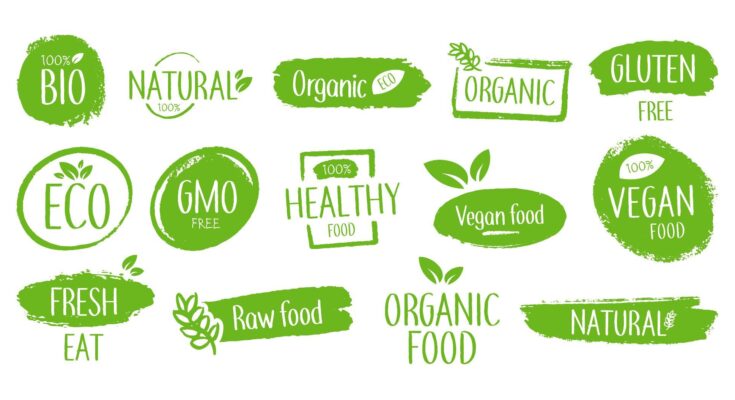The demand for organic foods has been increasing during the past few years, and do you know the reason for the sudden shift?
People choose organic-based products because of their health conditions and environmental status; from skincare to food products, the affair with fresh organic products is rapidly growing worldwide.
Without using harmful chemicals, fertilizers, or pesticides are requested to be known as organic products, but people assume that anything from the ground is known as organic.
For example, if you’re looking for fresh coconut exporters, ensure the product is 100% organic but not simply known or certified as organic.
The traditional method of producing organic goods involves only organic processes but not just using any harmful chemicals. It spoils the whole purpose of eating or using organic and healthy products.
It is also equally important to know that organic products help humans and other living beings. It is our duty as humans to understand the depth of
How do organic products influence people’s lifestyles? How are the impacts making dominant changes? Let’s discuss it intensely!
1. Organic farming is beneficial for the earth
Every organic product comes from the ground, and the floor must protect its condition.
Farming is the base reason for everything, and we must know how and what we are doing on the field. Using only the traditional way of farming method helps to keep the consistency of the soil healthy.
Pesticides and fertilizers dissolve the goodness of the soil and damage the purpose of having fresh organic products. These harmful chemicals affect the soil consistency and groundwater; instead of using these, try implementing organic methods which help the welfare of biodiversity, fertility, and soil quality.
2. Organic products are fresher
Did you know some food crops are genetically injected with chemicals to increase their shelf life?
Humans genetically change many food crops to increase their shelf life for AC-contained stores to make them look fresh and hygienic, but the truth is it is not.
Once the product gets harvested, it must be consumed as soon as possible to have the nutrients without losing power. But the reality is we are failing to notice that, looking only at high-end stores and thinking that shiny food products are natural, organic, and healthy.
Organic products will not be genetically altered; they have an average shelf life and higher nutrients. So instead of focusing on shiny products, try shifting your perspective towards having natural organic-based products.
For example, ensure your banana exporters from India are exceptionally certified as organic product suppliers.
3. Organic products are more nutritious

Much research has been conducted about the importance of organic products and how they grow healthy living inside us.
We end up getting our products in the high-end stores mentioned as “organic”.
As you might see in the grocery store, many organic vegetables and fruits are imperfect. They use multiple treatments to ensure their shining; those scars and unshapen lobes could reveal healthful benefits.
Those defects are indications of exposure to stress, such as insects, extreme weather or poor soil. Those plant nutrients, which also give vibrant colours to fruits and vegetables, help our bodies perform ideally.
4. Organic foods have no pesticides
The one thing that makes organic foods appealing to people trying to make healthy choices is that organic products contain fewer pesticides.
But organic farmers may use natural-based pest control methods, and they do not use commercial pesticides on organic crops.
Because of this, people expect organic products to be more hygienic and healthier and less likely to pass chemicals into someone.
They all work closely to deliver a nutrient-rich crop without harsh chemicals that can find their way into the plants themselves as they grow.
5. Organic products have no non-GMO
GMO – Genetically Modified Organism
Non-GMO means it is not a genetically injected food or not contains any genetically modified ingredients. One of the conditions for organic certification is that the product should not have any genetically contrived food or ingredients.
The products which are labeled as certified “non-GMO” are not necessarily organic.
Anything whose genetic material has to alter using a genetic engineering technique is certainly GMO field crops being genetically modified to make them more insect-resistant.
At the same time, some GMO fruits and vegetables are being revised to give them longer shelf lives in the grocery store.
6. Organic food is normal

In today’s world, consumers are examining information about what they are consuming and expect clarity from brands in making and selling the products.
The rigid hoops and hurdles that jump through to acquire the certified organic seal can make consumers feel good about the product they buy.
Consumers have every privilege to learn about the ingredients they come from, whether or not they seek organic certification.
Closure Thoughts
The above points are a few examples of the benefits of organic products; there are a lot more than this.
People are running towards a healthy lifestyle, and it is time to look out for yourself and your families.
Do you think Geewin can complete your request for all this? Talk to us immediately.




